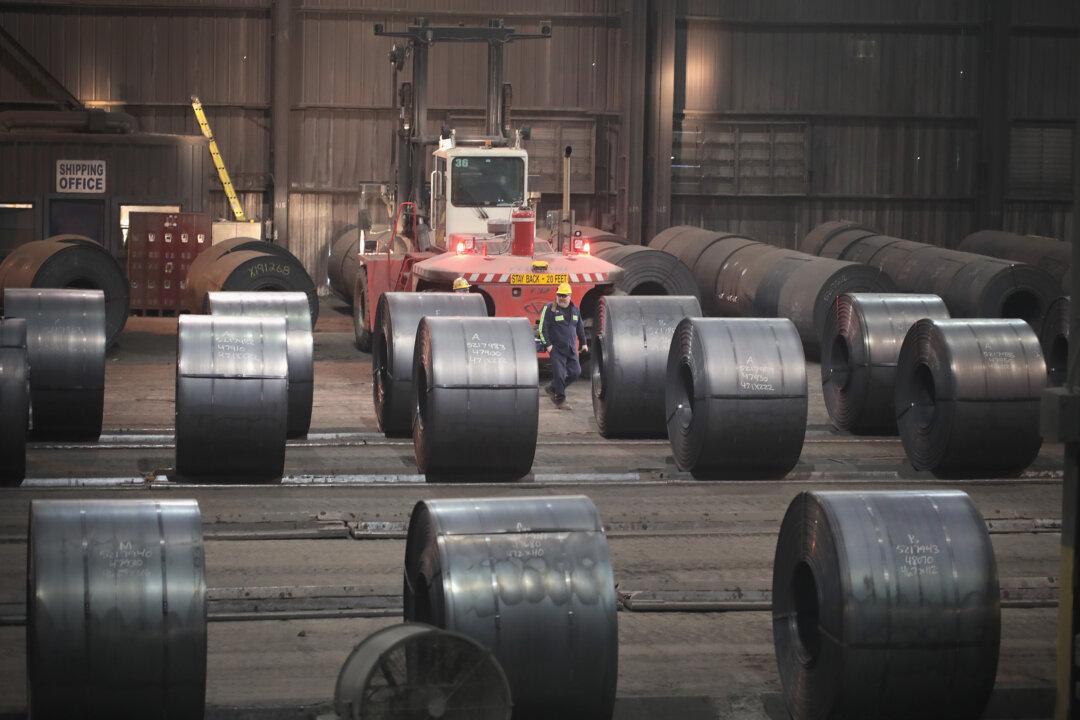The United States said on Dec. 9 that it “strongly rejects” the World Trade Organization’s (WTO) ruling against Trump-era steel and aluminum tariffs, vowing to keep the measures in place to preserve national security.
The WTO ruled that the tariffs imposed by former President Donald Trump on steel and aluminum in 2018 violated the global trading rules and recommended that the United States bring them “into conformity.”





